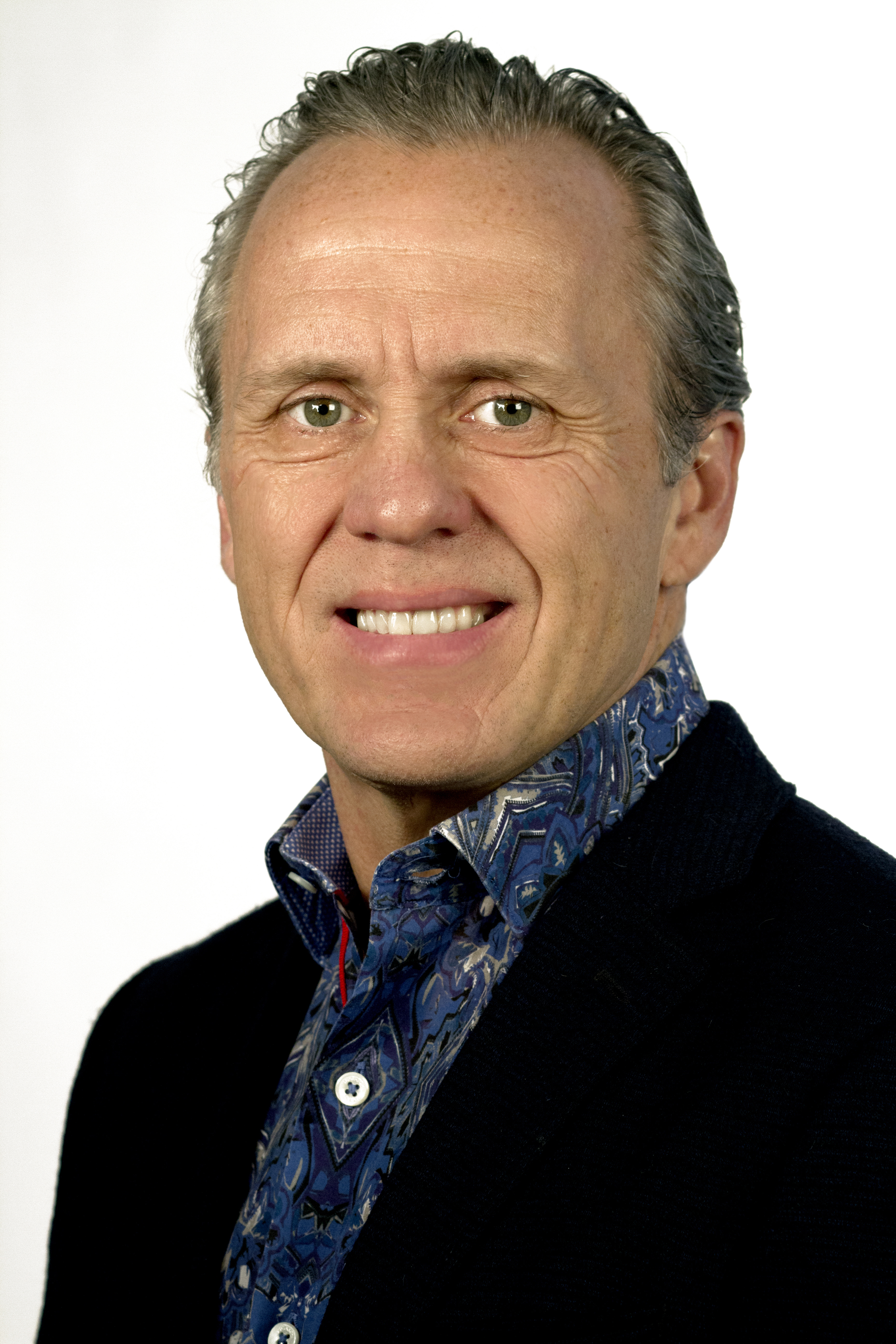By Randy Flood, MA LLP, Director of the Men’s Resource Center
Years ago I attended a conference in Philadelphia on child abuse. As psychologists, we were asked to break up into small groups to discuss the profiles of parents who abuse children. After a time of sharing our individual expertise, we came together in a large conference room to share our theories with hundreds of other mental health professionals. While we all commiserated on the distinct individual psychopathology that puts a parent at a higher risk of acting out abusively to those they love, we naively left out one profile. We alarmingly were introduced to this type–ourselves as potential abusers. Dr. Richard Gelles, a lead researcher and author on family violence, asked us to close our eyes and imagine:

- You are a single parent with three children
- You live in a small, noisy second floor apartment
- Your oldest child—who has always been difficult—was recently diagnosed with ADHD
- Your small A/C window unit recently broke in the middle of a punitive heat wave
- Your youngest child is now sick with the flu and neither of you are sleeping much
- The help you usually get from your mom and sister isn’t available this week
- You wake up with a tooth ache because you can’t afford a much needed root canal.
- Your two oldest children can’t go outside to play on this day because it is raining
- Your oldest son is bullying his siblings because he’s bored and he defiantly won’t stay in his room for a time out
- Your stressors continue to add up, can you imagine a moment of “losing it”? You say or do something out of character, something you regret?
Most of us in the room were brought down from our lofty, ivory professional towers and into dark and depressing human conditions. A horrific space where situational stress pummeled our human resiliency, and triggered behavior that suddenly fractured our self-image and hurt the ones we love. Dr. Gelles introduced us to a category called situation specific abuse—a type of abuse most of want to believe we are immune to.
Some individuals abuse family members for reasons inherent in their individuality, and sadly their victims discover there isn’t a situation specific to avoid these abusive behaviors. While these offenders often blame others or circumstances for their behavior, their chief problem is poor accountability and self-management. The escalation and cycle of abuse is only stopped when they work on themselves, rather than rationalizing it by focusing on what are often normative struggles and interactions of family life. Abusive behaviors do occur because individuals are abusive.
It is important during this pandemic to highlight the situation specific form of abuse, not to excuse abusive behaviors, but to help us understand why domestic violence and child abuse are on the rise during these trying times. Many are struggling personally, having their own human resiliency eroded by isolation, job loss, homeschooling, sickness, and overall worry about the safety and stability in their community and country.
The situation specific lens provides us an opportunity to see and reach out to those who are struggling not only with their behavior, but suffering from the searing shame and guilt for behaving in ways they deemed unimaginable. And like a moss or fungi, shame grows in the dark and dies in the light. This is about coming out of the darkness of our secrets and into the healing light of sharing and support. This is merely about asking for help, rather than suffering alone. It’s learning about our humanity, our vulnerability, our triggers, and our remarkable human capacity to learn, cope and grow.

The unique, accumulative, and protracted stressors of the pandemic can also exacerbate our pre-existing human struggles. We may find that our fuse is even shorter, our tongue sharper, and mind busier with negative thoughts. While we seemed to be more successful with self-management in the past, we now find the added situational stress is bringing out our worst selves and burying our better angels. The first step to becoming the best version of ourselves, is acknowledging our struggle and seeking help by grasping on to a power bigger than ourselves. The stubborn individualist attitude is fertile ground for pride, loneliness, and a growing, shameful sense of powerlessness. The power we tap in to, ironically comes from the personal courage to acknowledge our vulnerabilities and seek the power of greater emotional, spiritual, and relational connectivity. During this time of expected social distancing from our typical support systems, can now be an opportunity to seek intentional help from a trusted counseling professional. By doing so, this we actually change our situation and provide an opportunity for different outcomes.

Randy Flood, MA LLP is the co-founder of the Men’s Resource Center of West Michigan and founder/ Director of its Grand Rapids office. For more than 20 years, Randy has been passionate about creating and developing specialized clinical services for men. Randy is the principal therapist in providing individual and group psychotherapy for men at the Men’s Resource Center. He is also creator and host of the Revealing Men podcast found on Spotify, Google Play and Apple podcasts.
